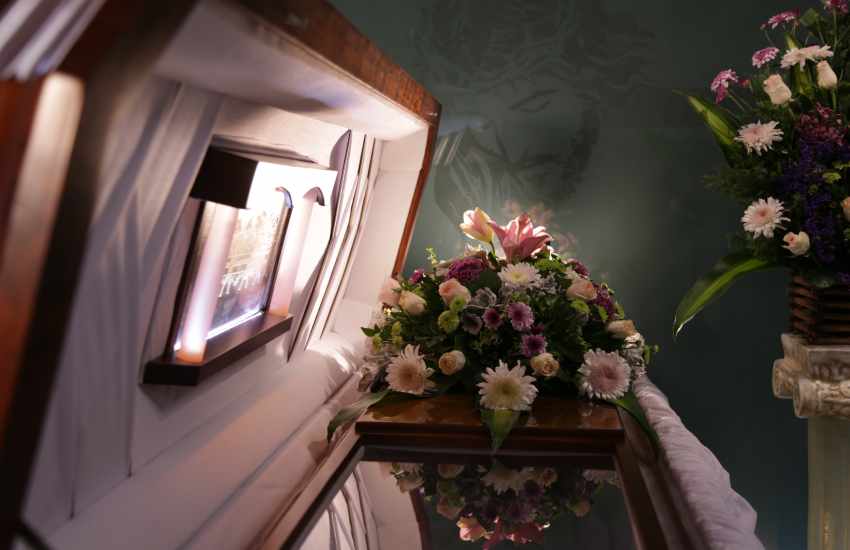×
The Standard e-Paper
Stay Informed, Even Offline

Grief is personal. But even for those who have lost their loved ones during the pandemic, personal grief has been different. And with lockdowns and curfews, bereavement is one lonely, numbing affair.
Take Pauline Osoro. She lost her husband, Moses Osoro, last August. He suffered shortness of breath and was diagnosed with a blood infection and later tested positive for Covid-19.